13 Pointless Purchases Boomers Keep Making After Retirement (and What to Do Instead)
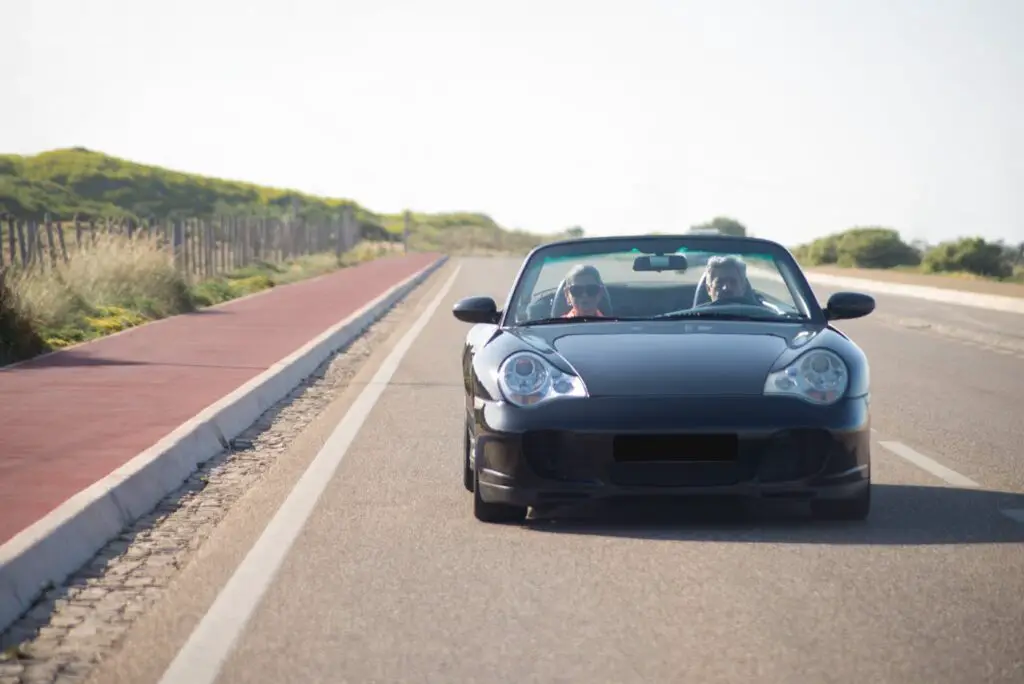
Retirement is supposed to be your victory lap—a time to enjoy the fruits of decades of hard work, not watch your savings quietly disappear on things you barely use. Yet for many baby boomers, certain purchases seem irresistible, even though they often bring more regret than joy.
Maybe it is the excitement of finally having free time, or maybe it is the feeling of “I earned this.” Either way, these so-called rewards can become clutter, money drains, or outright headaches. The good news? With a little foresight, you can skip the costly missteps, keep your retirement budget healthy, and still enjoy life to the fullest.
Here are 13 surprisingly common purchases boomers keep making after retirement—and why you might want to think twice before opening your wallet.
1. Timeshares in Exotic Locations

The dream: your own little slice of paradise, guaranteed every year. The reality: endless maintenance fees, rigid schedules, and resale nightmares. Many retirees find that their “investment” becomes a financial sinkhole, especially when their travel interests change or health makes travel harder. Flexibility is worth far more than the promise of a fixed week in one spot.
2. Luxury Motorhomes or Recreational Vehicles (RVs)
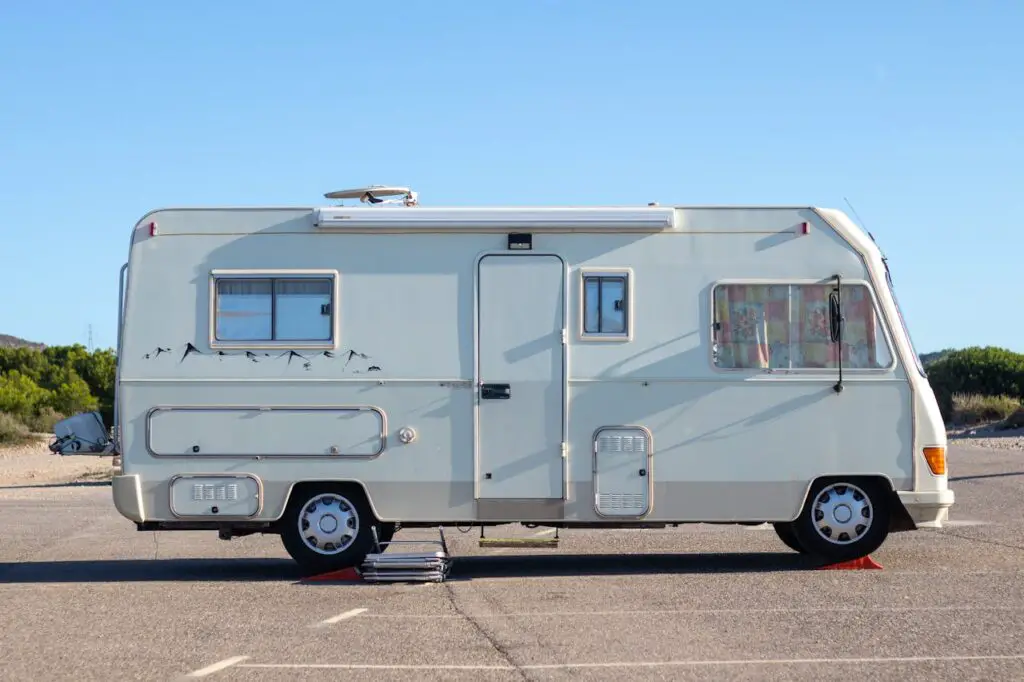
There is a certain romance to the idea of hitting the open road in a fully equipped home on wheels. But the hidden costs—storage fees, maintenance, fuel, insurance, and steep depreciation—can turn that dream into a burden. Many RVs spend more time parked than driven. Renting one for occasional trips can deliver the same experience without the ongoing bills.
3. High-End Exercise Equipment That Gathers Dust
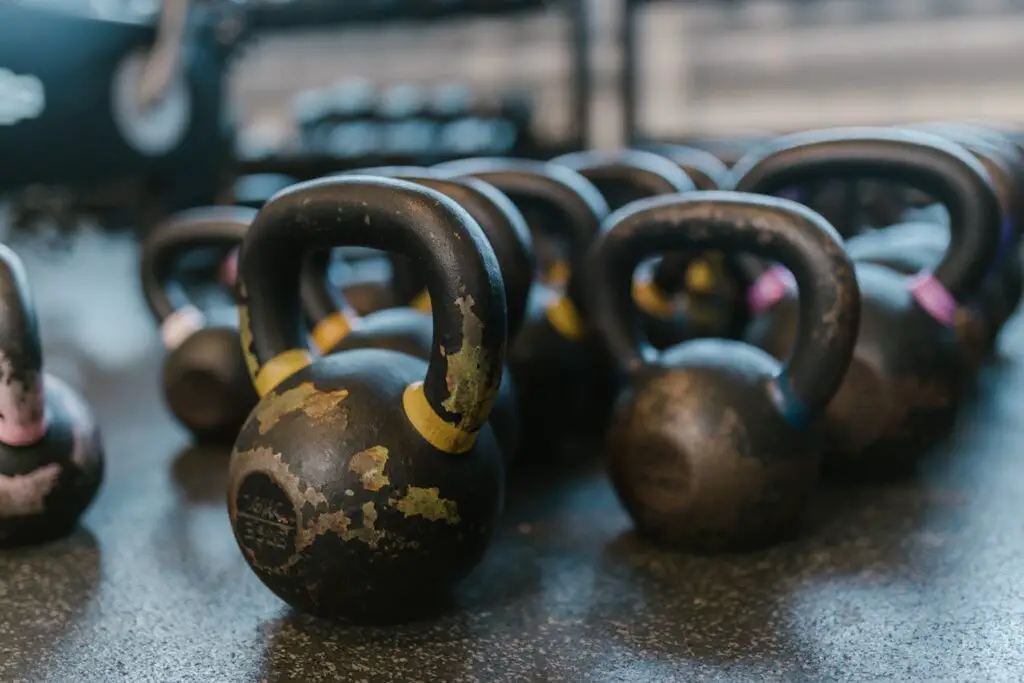
A shiny new treadmill, stationary bike, or home gym feels like a commitment to better health. Unfortunately, motivation can fade fast, and that pricey gear ends up doubling as an expensive clothes hanger. Start with walking, free fitness classes at community centers, or affordable secondhand equipment before making a major investment.
4. Gourmet Kitchen Gadgets That Lose Their Luster
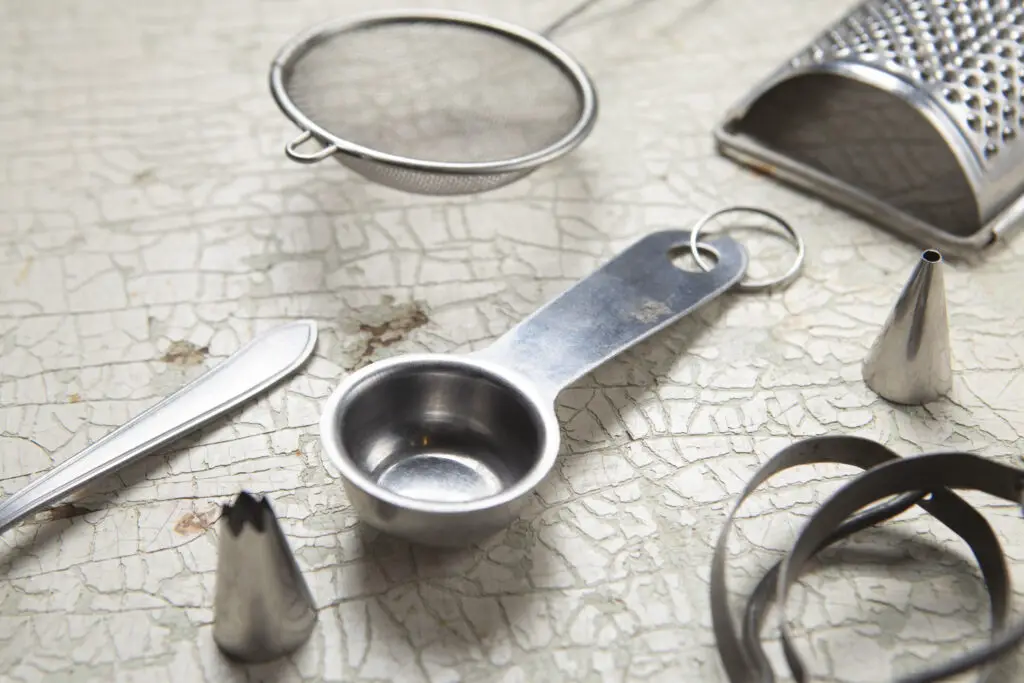
Industrial mixers, sous-vide machines, or espresso makers might inspire you to whip up restaurant-quality meals. But after the honeymoon phase, they often become cabinet clutter. Unless you genuinely cook for pleasure several times a week, you can enjoy occasional gourmet treats at local cafes or restaurants without the ongoing hassle and expense.
5. Knick-Knacks and Collectibles That Pile Up
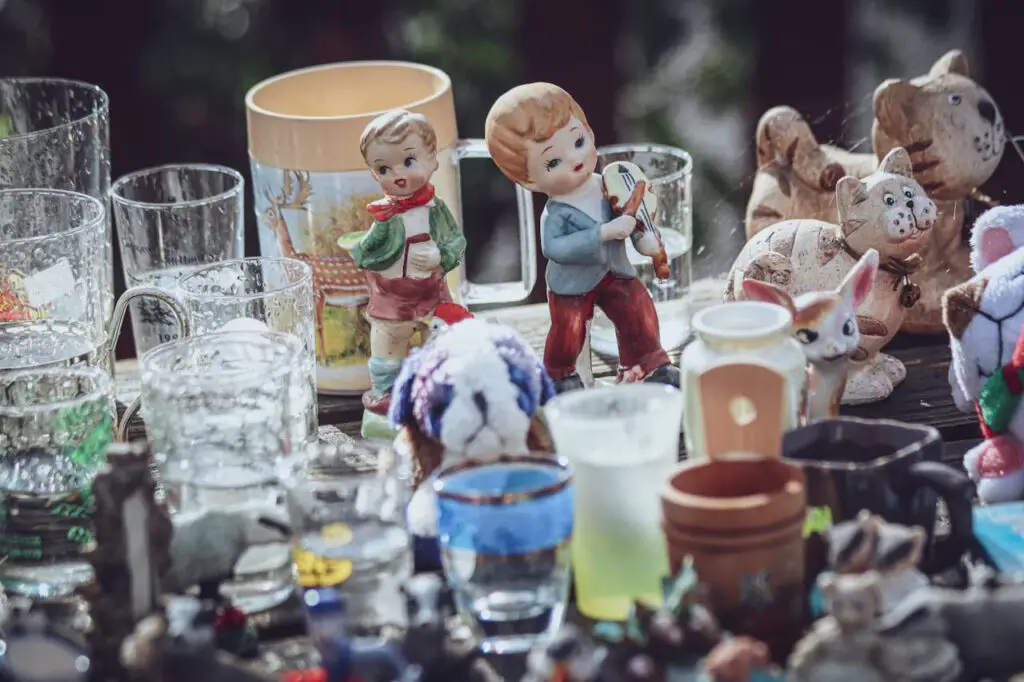
From porcelain figurines to commemorative plates, collectibles often start with nostalgia and end with storage headaches. Downsizing becomes harder when every shelf is filled, and younger generations usually are not eager to inherit the collection. Consider channeling your passion into experiences or hobbies that do not add to the clutter.
6. Unused Gym Memberships

Joining a gym can be a great idea—if you actually go. Too often, enthusiasm fades after a few visits, but the monthly fees keep draining your account. Explore pay-per-visit classes, walking clubs, or at-home workout videos instead. You will save money and avoid guilt over unused facilities.
7. “Resort Living” Homes

Retirement communities that promise resort-style living—with golf courses, pools, and social events—can be appealing. But after the novelty wears off, some retirees realize they miss the familiarity of their old neighborhood, or that the extra amenities are not worth the higher costs. Before committing, try renting in such a community to see if it truly suits your lifestyle.
8. “Dream Homes” and Major Renovations

After decades of working, it is tempting to finally build your dream home or take on major remodeling projects. But these big-ticket undertakings can devour savings and create stress, especially on a fixed income. Your retirement years should be about enjoying life—not managing construction timelines and surprise expenses.
9. Fancy Cars or Vehicles Beyond Your Needs

A sleek luxury car can be tempting, especially after years of driving practical vehicles. But higher insurance rates, costly maintenance, and rapid depreciation can make it a financial misstep. If you want something special, look for a reliable car that blends comfort, safety, and fuel efficiency without straining your budget.
10. Pricey Musical Instruments Bought for Nostalgia
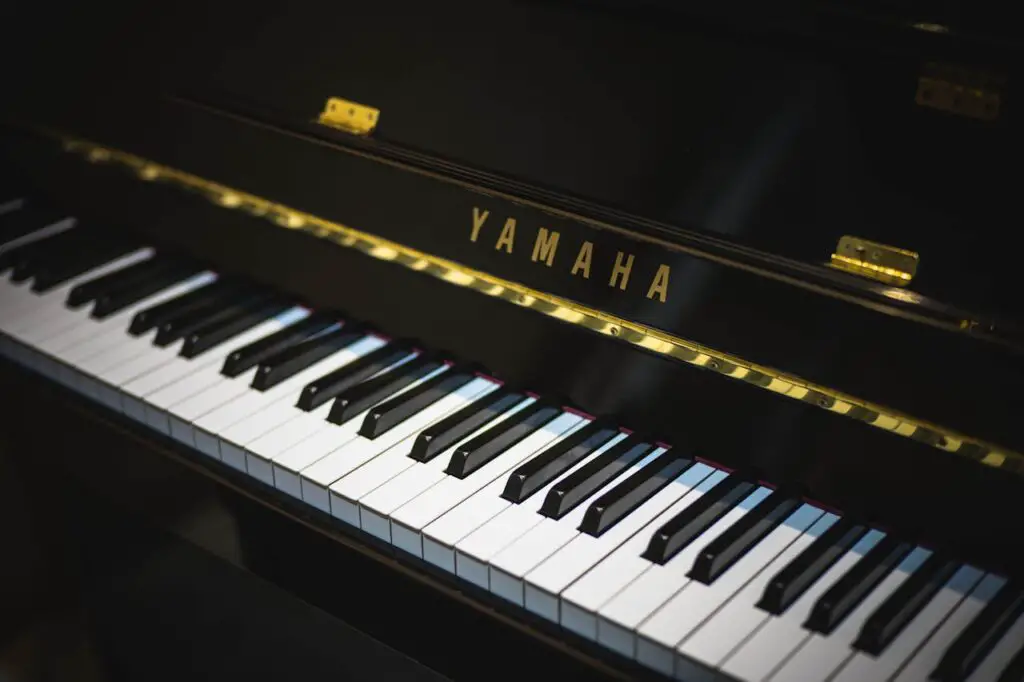
Maybe you once played in a band, or you have always dreamed of learning piano. While music is a wonderful pursuit, splurging on a brand-new grand piano or high-end guitar can be risky if you are not sure you will commit to practicing. Try lessons or rent an instrument first to see if the passion sticks.
11. Impulse Buys from Online Shopping

Online shopping makes it dangerously easy to go from “just browsing” to “package on the porch” in two days. Those small impulse buys add up, and they often become items you barely use. Give yourself a 24-hour cooling-off period before hitting “Buy Now” to curb overspending.
12. Financed Vehicles or Boats

Taking on new debt for a depreciating asset in retirement is almost always a bad idea. Between interest payments, maintenance, and insurance, the cost can quickly outpace the enjoyment. If you want a boat or RV for occasional use, renting is often the smarter move.
13. Supporting Adult Children Financially Without a Plan

Helping your kids is a natural instinct, but without clear boundaries, temporary assistance can turn into an unspoken monthly obligation. If it starts impacting your own financial stability, it is time to have an honest conversation. Generosity should not come at the expense of your own security and peace of mind.
Final Thoughts

Your retirement years are too valuable to be weighed down by regret over purchases you barely use. Every dollar you save by skipping these common pitfalls is a dollar you can put toward experiences, travel, or simply the peace of mind that comes from financial stability.
By staying intentional with your spending, you give yourself the freedom to say yes to the things that truly bring joy—whether that is a family trip, a hobby you love, or the security of knowing your nest egg will last. Retirement is not about buying more stuff; it is about living more life.
Leave a Reply